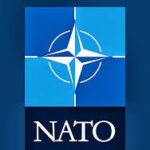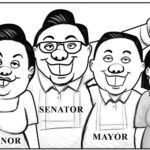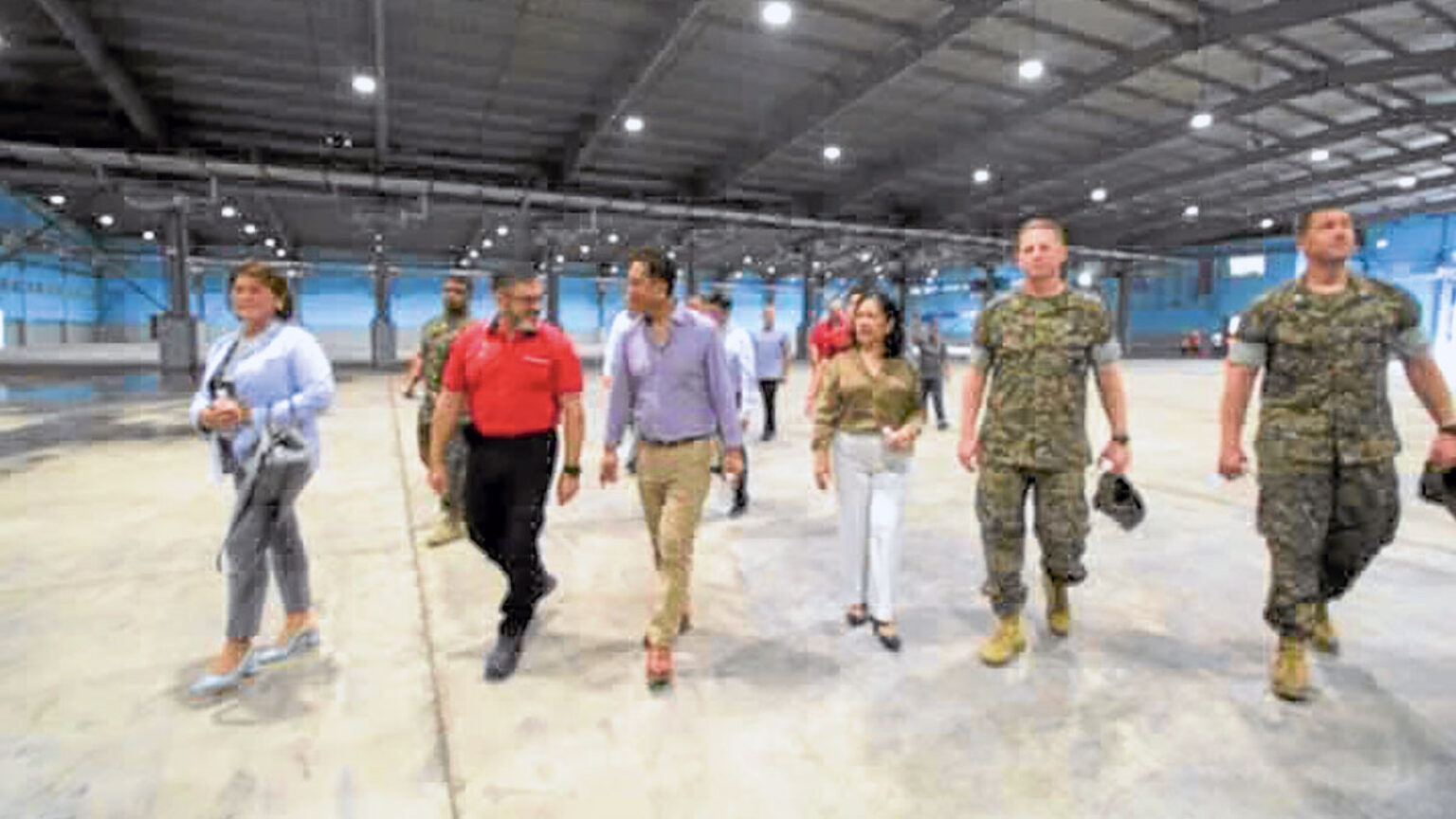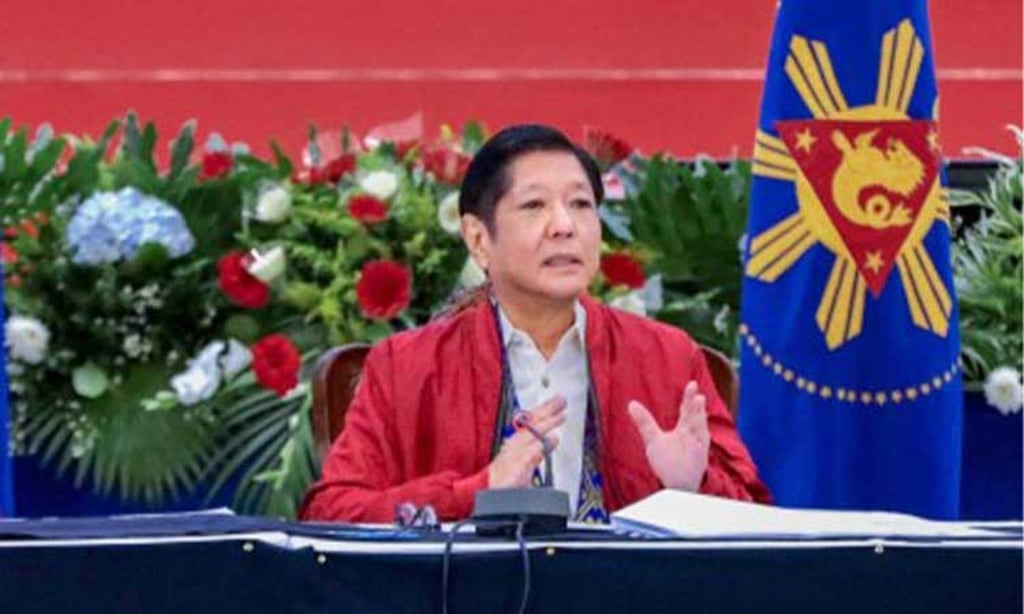Vice President Sara Duterte is looking strong in the coming elections
Richard Sanders, Manila
As the Philippines approaches its crucial midterm elections scheduled for May 12, the political landscape is witnessing a significant transformation.
President Ferdinand “Bongbong” Marcos Jr., once believed to be the future of political dynasties, is now struggling, with his approval rating dropping dramatically from 42% in February to 25% in March, based on a Pulse Asia Research survey.
Conversely, Vice President Sara Duterte, daughter of the incarcerated former president Rodrigo Duterte, is gaining popularity, rising from 52% in February to 59% in March according to the same poll.
Rodrigo Duterte’s recent arrest and extradition to The Hague on charges of crimes against humanity related to his notorious drug war has shaken Philippine politics. While many international observers praised this action as a step towards accountability for unpunished extrajudicial killings, the domestic reaction has been mixed.
For numerous Filipinos, especially in areas like Mindanao and other Duterte strongholds, the trial of a former president abroad has invoked feelings of nationalism and resentment. Contrary to expectations, this Western intervention, supported by Marcos Jr.’s administration, seems to have strengthened Sara Duterte’s public image.
Sara has skillfully positioned herself as her father’s political successor while distancing herself from his controversial actions. Her role in defending national sovereignty resonates with a public frustrated by foreign interference and the elite politics of Manila, leaving the Marcos administration in a difficult position.
What was intended as an accountability moment has provoked backlash instead, as many view the Hague trial as reflective of a nation perceived as unstable and manipulated externally.
Marcos Jr.’s waning popularity can be attributed to several key issues. A rising cost-of-living crisis is affecting everyday Filipinos, with price increases in rice, sugar, and basic utilities. Despite high aspirations for agricultural reform, Marcos, who appointed himself as agriculture secretary, has struggled to manage inflation, tackle smuggling, or guarantee food security. The consolidation of power he sought now seems misguided.
Critics have also pointed to the administration’s stagnation, citing indecisiveness and conflicting policies that have hindered effective governance. The Maharlika Investment Fund, envisioned as a development tool, has faltered amid corruption allegations and political favoritism, highlighting a disconnect between modernization rhetoric and ongoing corrupt practices.
Moreover, the Marcos family appears to be facing internal discord, with Senator Imee Marcos publicly distancing herself from key policies, including the Maharlika Fund and the administration’s pro-U.S. military stance.
This division has not gone unnoticed, as local leaders in the Ilocos Region, a Marcos stronghold, start to align with the rising support for Sara Duterte. Her impressive 58% approval rating, significantly higher than Marcos Jr.’s, underscores her appeal. While Sara shares the Duterte name, she has differentiated herself from her father’s more aggressive populism, cultivating a pragmatic leadership style from her time as mayor of Davao.
Sara Duterte’s measured approach avoids overreach, and her performance as Education Secretary has improved, receiving commendation for focused investments and curriculum reforms. She connects more personally with the public, presenting a stark contrast to the perceived elitism of the Marcos administration.
As the 2028 presidential elections loom, Sara is being positioned as a natural successor to Marcos Jr. If her allies perform well in the midterms, she could shape the legislative agenda leading up to the next presidential election. Conversely, the Marcos camp seems lacking in coherent strategy, with rumors of Imee Marcos potentially running for office creating further intrigue about the family’s future.
This rivalry between the Marcos and Duterte families transcends personal ambition, reflecting deep regional and ideological divides. Marcos’ stronghold lies in the north, primarily in Ilocos, whereas the Dutertes dominate the southern regions, particularly Mindanao and the Visayas.
The political tension is palpable; the rivalry is generational and may lead to long-lasting implications. Foreign interference, particularly from the U.S. and China, is also part of the narrative, with the recent warnings from Philippine military officials underscoring concerns about foreign exploitation of domestic divisions.
The upcoming May 12 midterm elections will not only serve as a referendum on Marcos Jr.’s leadership but also as a litmus test for national resilience against fragmentation and external influences. A strong showing for Sara Duterte’s allies could leave the Marcos presidency vulnerable heading into the future, making the stakes incredibly high for this election.















